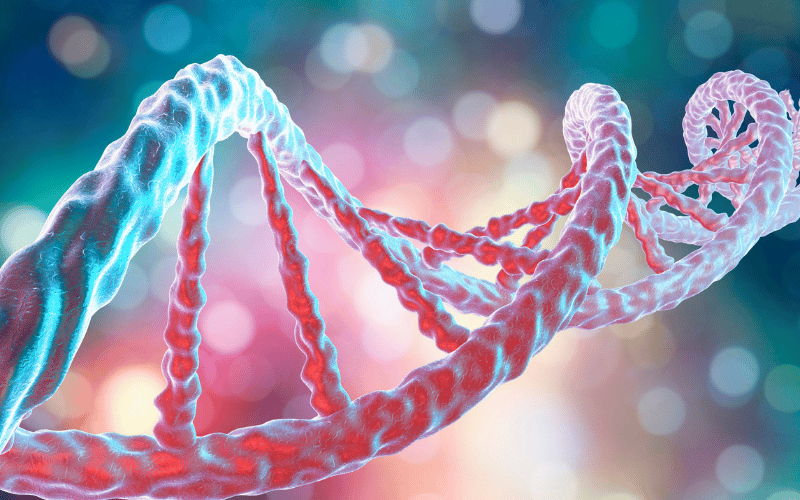Risk Factor 6: Genetics – A Peek into Family History

Every person carries the story of their ancestors within the helical structure of DNA. Family history doesn’t merely mean traditions or tales passed down over generations but also predispositions to certain health conditions, including gastric cancer. Genetics play a significant role in this arena, with certain genes potentially increasing the susceptibility to the disease.
Researchers have identified specific gene mutations that could increase the likelihood of stomach cancer. CDH1 and CTNNA1 are two such genes. Individuals who inherit mutations in these genes have a higher-than-average risk of developing gastric cancer. This does not mean that cancer is guaranteed, but awareness of these genetic markers is crucial.
Having a close relative, such as a parent, sibling, or child, with gastric cancer doubles or even triples an individual’s risk. While shared lifestyle or environmental factors may contribute, there’s often a genetic element at play. Families that exhibit a high incidence of stomach cancer over generations should be on high alert and consider genetic counseling.
For families with a history of gastric cancer, genetic testing offers a window into potential risks. By identifying gene mutations that predispose individuals to the disease, early interventions can be implemented. Moreover, individuals identified with a higher risk can undergo more regular screenings, ensuring early detection should any abnormalities arise. (6)